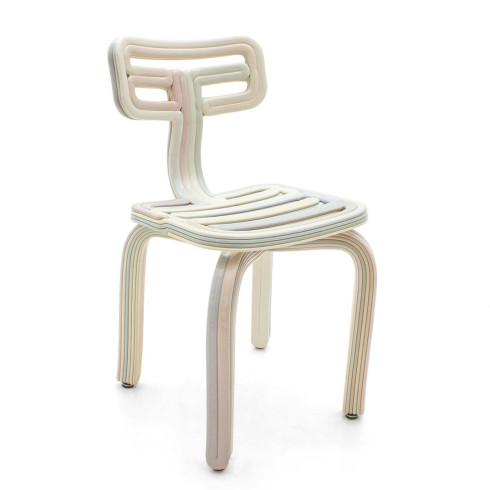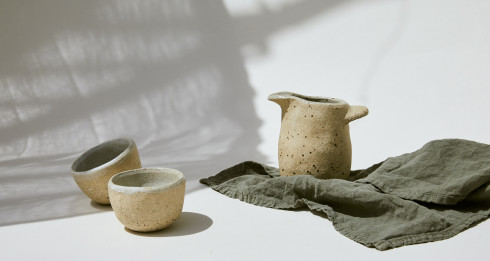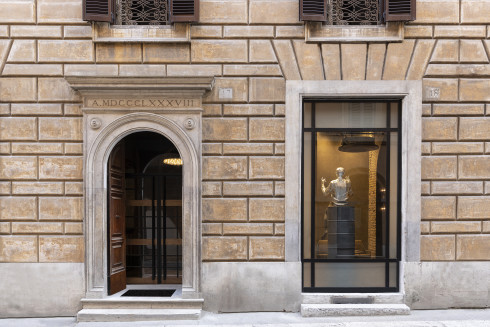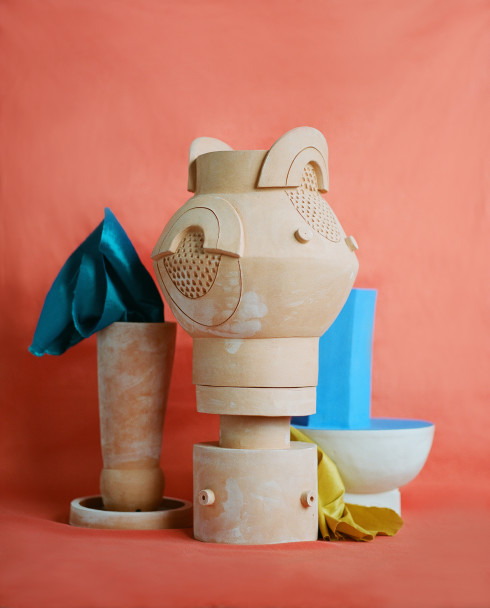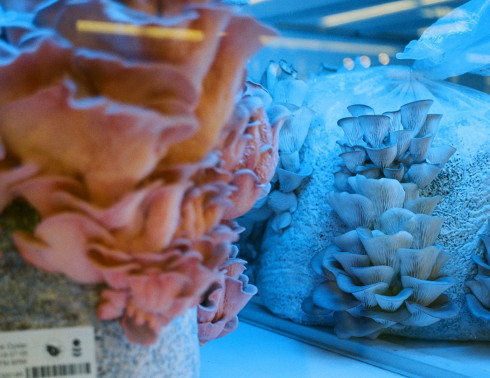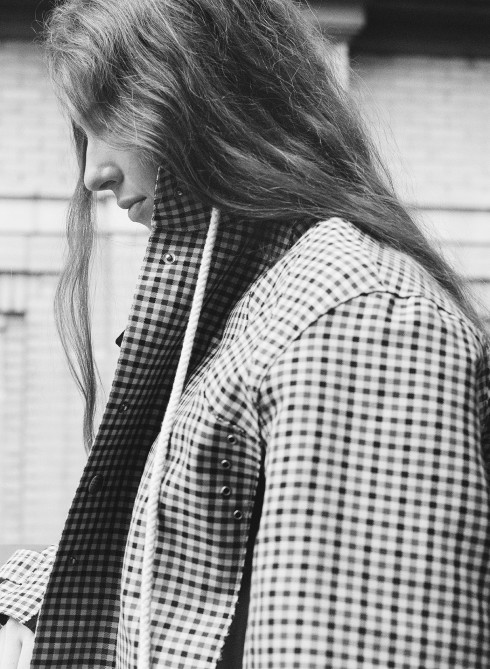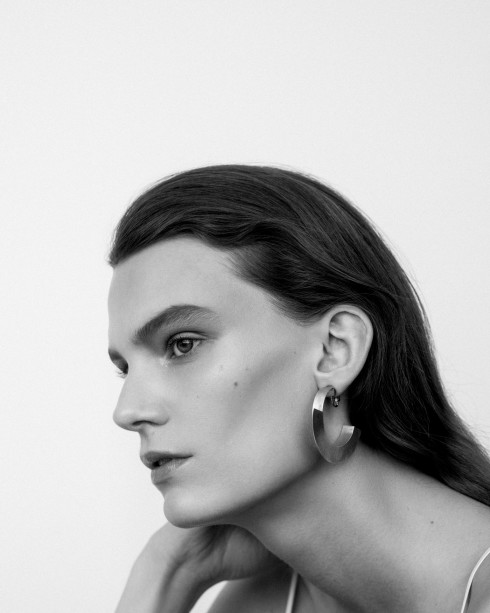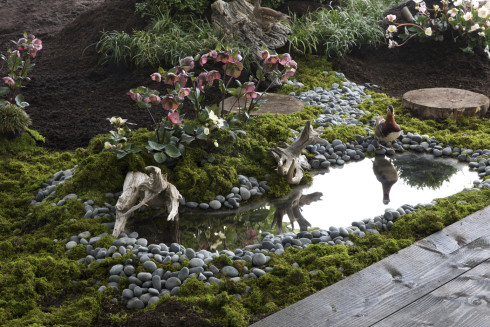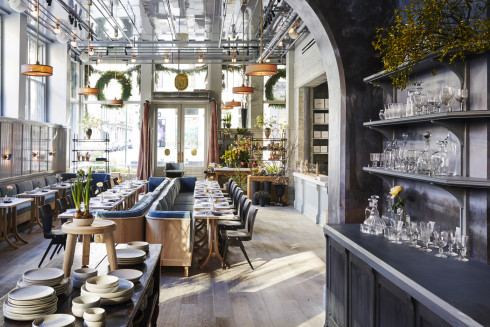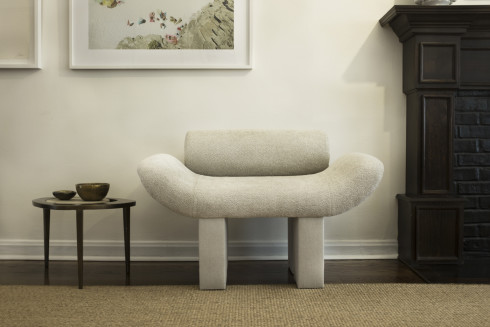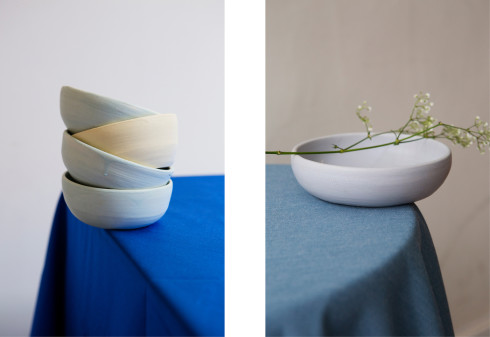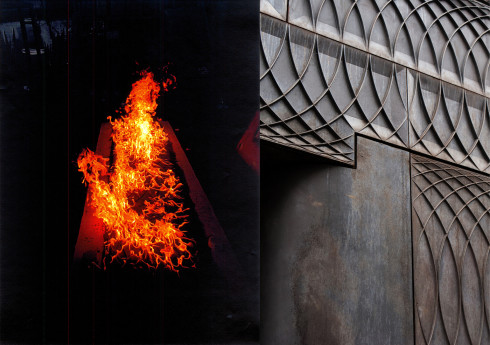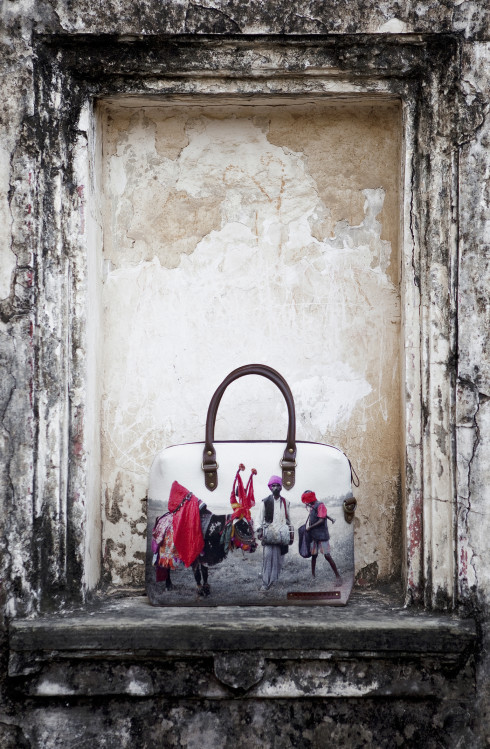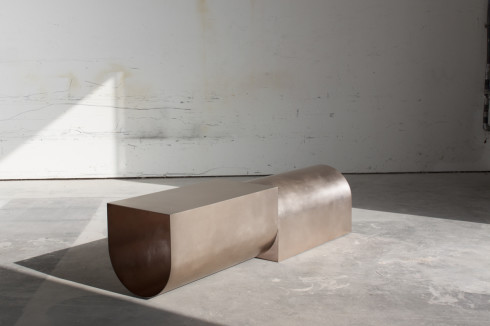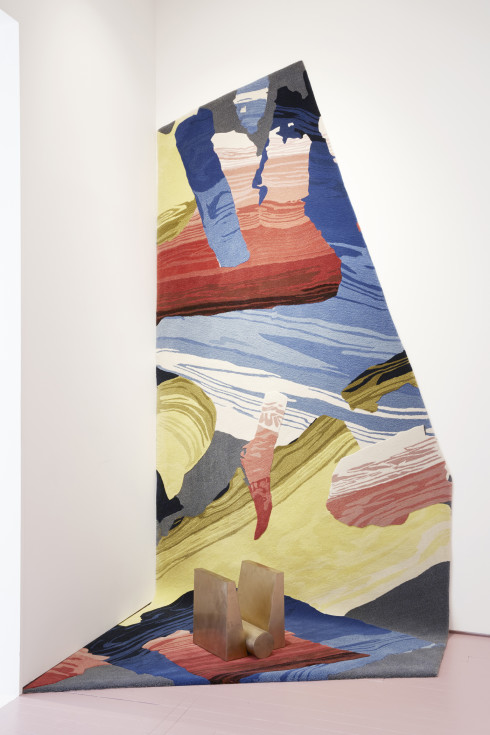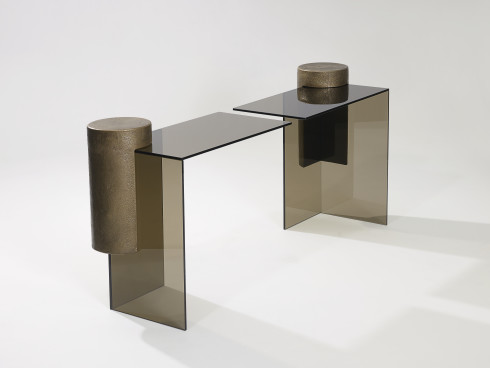
Photography by Jason Cannon.
CAMP DAVID BRINGS COWORKING TO INDUSTRY CITY
A new generation has emerged in the workforce, one that has unbridled ambition but defines itself by its creativity. Concurrently, many people are navigating the new ‘gig economy,’ and lack the support and community offered by traditional employment. It’s there that the new shared workspace Camp David is able to fill a void, and the features that make it distinct are the ones most integral to its value. “The context is crucial to the experience of Camp David,” co-founder Mazdack Rassi explains. “From the floor to the ceiling and the individualized æsthetic experience, the momentum of industry in Sunset Park, the idea of work-as-retreat, the reverse commute, the fact that there’s a huge courtyard—all of this makes Camp David a unique experience and space.”
Situated in the flourishing Industry City, Camp David’s location is a key part of the draw—Rassi and Camp David co-founder Erez Shternlicht have both been prescient before. “When Erez and I came out here the first time, it felt just like the Meatpacking District did back in the Nineties—big raw space with room to think and create,” says Rassi, with a nod to Milk Studios, which he co-founded with Shternlicht and Moishe Mana. Jamestown, the developer of Chelsea Market purchased a fifty percent stake of Industry City in 2013, and was instrumental in bolstering its offerings. There are dozens of retail and dining options and regular social events, but there’s still a strong arts focus with studios and galleries throughout. “With everything going on with Made in NYC, our friends Andrew Rosen and Steven Kolb at the CFDA bringing the energy to an already vibrant maker community, we want to build a place for the thinking and feeling work that goes into all the fabrication and design that’s already happening out here.”
When it came to design, they didn’t have to look far for inspiration. “Erez and I thought a lot about places we associate with work, and that is a combination of the studio spaces we love but also the big midtown Manhattan lobby spaces,” Rassi says. “We love those.” They took advantage of the real estate available to create an open, spacious lobby that houses a coffee shop, conference rooms, seating areas, and access to the courtyard. The second floor has desks and private office spaces, while the basement has a selection of logistic and creative tools. Much of the design and art is locally sourced from Brooklyn, while midcentury furnishings are dispersed throughout the entire space, most of which were custom made. “Modernism is really born in nature—blurring the lines between indoor and outdoor—and the fenestration, the light of these big warehouses on the New York Harbor really gave us an amazing opportunity to build on the foundations of Modernist architecture and design.”
Rassi has expressed his interest in hotels before, and the design of Camp David feels like a work-centric adaptation of a stylish boutique. “In a way, Camp David is a hotel, in a nontraditional sense, with friends next door, a big lobby, beautiful marble, a cafe and patio to hang out in downstairs, the emphasis on an æsthetic and memorable experience.” Members experience the same comfort, but come in with a different goal in mind. “Rather than hanging out at the hotel eating, sleeping, or drinking, you’re coming to Camp David to work, to think big, and to collaborate,” Rassi explains. Though he insists that new artwork will make its way to Camp David, even on that point, he shifts the focus back to the members. “I think more important to us here at Camp David is the work that’s being done by our partners who come here every day. We want to support their work by providing everyday amenities, as well as inspirational moments from the libraries to the music. For the arts, we want to bring something quirky, weird, different.”
“We felt like this project is at the intersection of hospitality and the studio world—giving our friends and collaborators a sleek place to work, managing the details, removing the stress,” explains Rassi. There aren’t many people who would be able to pull all of this off, but he has always possessed an uncanny ability to bring creative people together. Building Camp David is only as important as building the community that operates within it, and it’s that approach that has made his projects so successful. “It’s a retreat from the buzz of the city where the people who think and feel for their work can get together with the people who make things and collaborate.”
For more information, please visit TheCampDavid.com.



